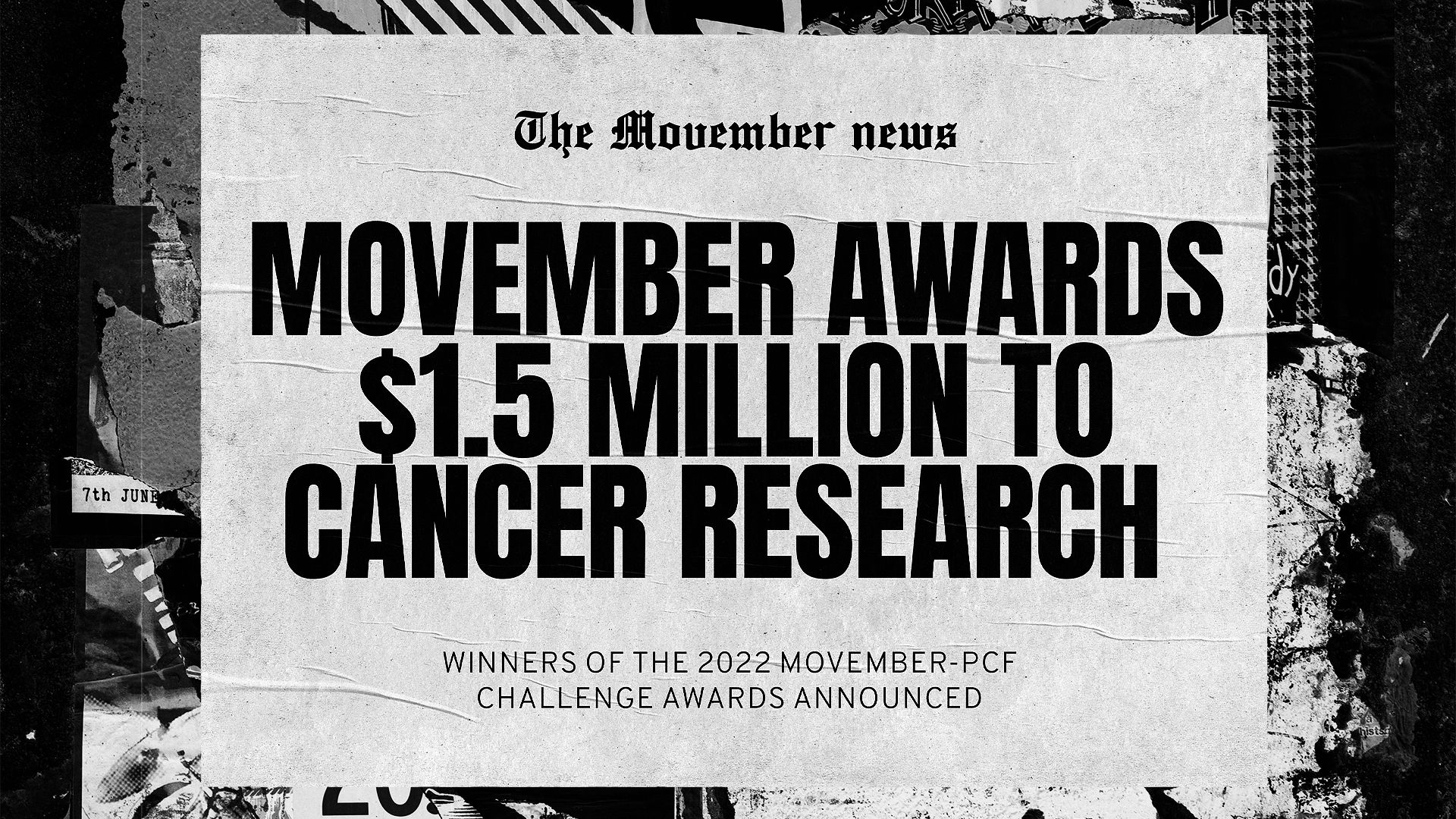

Announcing the 2022 Movember-PCF Challenge Award Winners
Movember is delighted to announce the winners of the 2022 Movember-PCF Challenge Awards, along with our partners at the Prostate Cancer Foundation (PCF).
The awards, which total $1.5 million, are granted to teams at some of the world’s leading cancer research institutions to support pioneering research in the field of prostate cancer.
The two teams who received funding this year are led by Professor Lorelei Mucci at Harvard T.H. Chan School of Public Health and Professor Isla Garraway at UCLA and the Greater Los Angeles-VA Medical Center.
Men with advanced prostate cancer are not only at greatest risk of cancer death, but also suffer poorer quality of life and adverse events due to their cancer and its therapies. However, little is known about their real-life experience with prostate cancer, which may be impacted by many different factors.
Through the Movember-PCF Challenge Award, Professor Mucci and her team will use data from the IRONMAN registry, a Movember-funded population-based observational clinical trial, to identify unmet needs, optimise opportunities and reduce disparities among men newly diagnosed advanced prostate cancer.
Racial disparities in prostate cancer pose a significant public health problem and these disparities persist even within the relatively equal access system such as the Veteran Affairs (VA) Healthcare System. Professor Garraway and her team discovered that men who identified as Black/African American displayed significantly higher incidence of localised and metastatic prostate cancer compared to White/European American men despite similar screening.
In this new project, through the Movember-PCF Challenge Award, they will leverage this large dataset to provide further clarification on the relative contribution of prostate cancer disease biology that is more than race-based.
Jane Fisher, Global Director, Cancer Research and Clinical Trials at Movember, said: “While it’s important that Movember continues to support biomedical research that leads to the development of new diagnostic tests and treatments, it is critical that we also aim to improve men’s quality of life and experience with prostate cancer.
“We are delighted to be supporting these two important projects that harness large existing, diverse datasets, to identify unmet needs, optimise opportunities, and to reduce disparities for men with prostate cancer.”